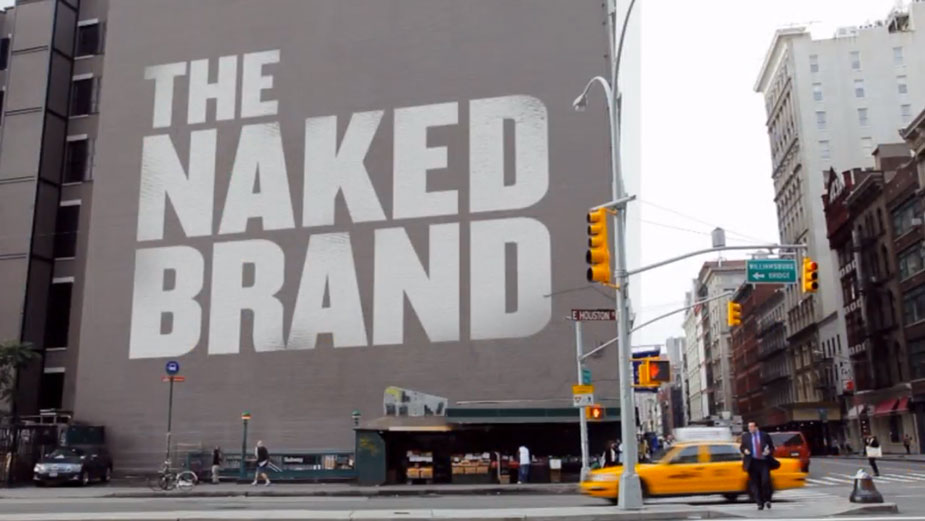
The Naked Brand documentary opens with a shot of U.S. Army-branded Nascar cars zooming around a track and uniformed troops unveiling sponsored racecars. We learn via voiceover that in 2011 the United States Government spent $27 million dollars sponsoring Nascar, while simultaneously cutting $75 million in benefits for homeless veterans. The story immediately grabs the viewer’s emotions. We don’t expect the U.S. government to get advertising right, but we do expect them to do the right thing when it comes to veterans.
“We can spend hundreds of millions of dollars on ads that give our pitch, but at the end of the day, every single individual that is going to enlist in the United States Army is going to do their own homework,” says veteran and Time correspondent Rajiv Srinivasan. “What was once just a one-dimensional character that was ‘Be All You Can Be’ is now a human being on a Facebook page that can say, ‘Listen, I came out [of the Army], and my VA benefits didn’t kick in.’”
So begins this almost-one-hour documentary on the state of advertising and branding today. Transparency, truth and authenticity may very well be the brand buzzwords of 2013 (side note: is transparency the new CSR?). We quickly hear from legendary creative director Alex Bogusky of Crispin Porter + Bogusky fame that, “transparency is not a choice. The only choice is, does it happen to you, or do you participate in it.” Bogusky quit advertising to start a sustainable business accelerator and now focuses his time doing well by doing good. While the scenes of his handmade-in-Greensboro bamboo bicycles came off a bit twee, the mission of making a lasting, sustainable product is a noble one.
SEE ALSO: An Anthropological Approach to Brands
Beyond simple, feel-good platitudes, the message that resonated most with me was a simple one from Peter Sims, the author of popular business tome Little Bets. Peter reminds the viewer that a brand is no longer an advertising message or constructed image, but that brand is a “collection of experiences.” Corporate marketers would do well to hold this message in mind as they think about every interaction a consumer experiences with their product. This message is enhanced by a vignette showing how much Virgin Airlines thinks about customer experience, from their soothing, natural wood check-in counters to their tongue-in-cheek safety videos and purple mood lighting. Those small touches and tiny points of differentiation add up to a very different story from the average airline experience.
At 56 minutes, it would be difficult for The Naked Brand to give more than a cursory overview of the ideas of transparency in advertising. Yet, what’s missing from this documentary is any research on the effects of going this route. Patagonia founder Yvon Chouinard says that he always believes doing the right thing for the world will make them more money, and we hear a quick fact about how Walmart’s reduction in packaging saved the company $3.4 billion dollars. That’s a nice statistic to go along with a nice sentiment, but I was left wanting more data and more proof.
Overall, though, The Naked Brand lands. Transparency, responsibility and truth represent the new paradigm of advertising, and corporations are quickly learning that the old ways of doing business don’t hold anymore. As Bogusky closes the film, “If you look at the history of the world, somehow humanity has scrapped and crawled and gotten a little bit more power and a little bit more control all the way, but it hasn’t been easy. The great powers have been the kings. Then there was the church. There was the state. And now there’s corporations. I don’t think it can end with corporations as the greatest power on earth. I think it ends with humanity itself.”
Image credit: The Naked Brand